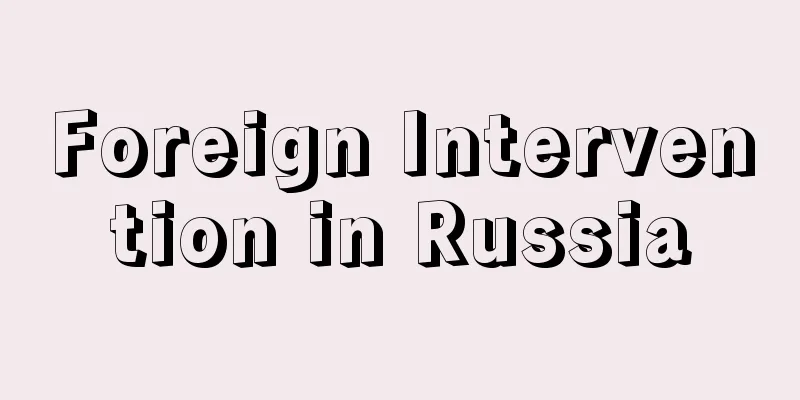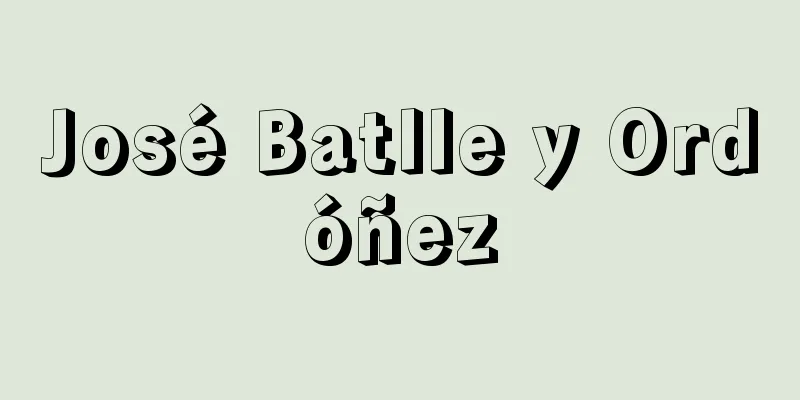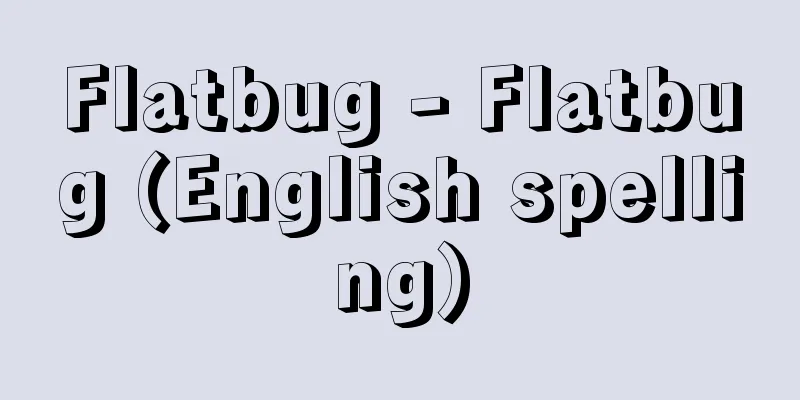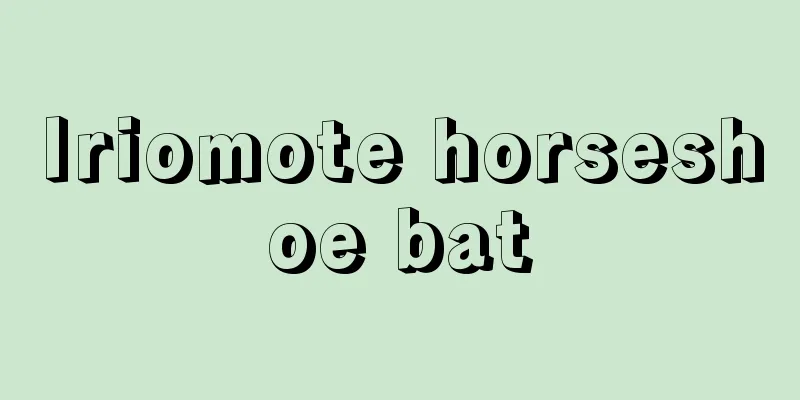Foreign Intervention in Russia

|
Along with the Siberian Intervention, various foreign military interventions were carried out in western and central Russia from 1917 to 1922 after the outbreak of the revolution. Germany continued to support the Ukrainian counter-revolutionaries even after making a separate peace with the Soviet Union in March 1918. Meanwhile, the Allies landed troops in Murmansk and Arkhangelsk in northern Russia in July, under the pretext of preventing Russian weapons from falling into the hands of the enemy, and in October they sent troops to southern Russia, including Odessa, and declared a blockade of Russia's periphery. Directly and indirectly supported by foreign countries, the generals and admirals of the White Guard (AV Kolchak from Siberia to the Volga region, AI Denikin and LG Kornilov in the Don River region, and NN Yudenich in the Baltic region) expanded their power, and for a time the Soviet government was pushed into a very narrow area. However, as the peasants supported the Soviet government and the Red Army, the White Army was defeated in various places in the fall of 1919, and the Allies were forced to withdraw their troops due to internal discord and the unpopularity of their interventionist policies at home, and they lifted the blockade in January 1920. The emerging nation of Poland continued to interfere, attacking Ukraine in cooperation with the White Army's PN Wrangel, and occupying Kiev in May 1920. Poland then retreated to near Warsaw for a time, but recovered with the support of France, and incorporated large areas of Belarusian and Ukrainian populations, finally reaching a peace agreement with the Treaty of Riga in October. With Japan's withdrawal from Siberia, the interventionist war as a whole came to an end in October 1922. Source: Encyclopaedia Britannica Concise Encyclopedia About Encyclopaedia Britannica Concise Encyclopedia Information |
|
1917~22年,シベリア出兵と並んで,革命勃発後のロシア西部および中央部で行われた,諸外国によるさまざまな軍事干渉。ドイツは 18年3月の対ソ単独講和後もウクライナの反革命派の支援を継続。他方連合国は,7月にロシア軍の武器が敵側に渡るのを防ぐという名目で,北ロシアのムルマンスク,アルハンゲリスクに軍隊を上陸させ,10月にはオデッサを含む南ロシアにも派兵,ロシア周辺の封鎖を宣言した。諸外国から直接,間接に支援された白衛軍の将軍や提督たち (シベリアからボルガ地方にかけての A.V.コルチャク,ドン川地方の A.I.デニーキン,L.G.コルニーロフ,バルト地方の N.N.ユデニチ) は勢力を拡張し,ソビエト政権は一時ごく狭い地帯に追いつめられた。しかし農民がソビエト政権と赤軍を支持したため,白衛軍は 19年秋には各地で敗退,また連合国も内部的な不和や,干渉政策に対する自国での不人気が重なって撤兵を余儀なくされ,20年1月に封鎖を解除した。なおも干渉を続けたのは新興国ポーランドで,白衛軍の P.N.ウランゲリと呼応してウクライナを攻撃し,20年5月にはキエフを占領。その後ポーランドは一時ワルシャワ近くまで後退したが,フランスの支持を得て立直り,ベラルーシ人,ウクライナ人地域を大きく取込み,10月のリガ条約によりようやく講和に到達した。日本のシベリア撤兵により全体としての干渉戦争は 22年 10月終結した。
出典 ブリタニカ国際大百科事典 小項目事典ブリタニカ国際大百科事典 小項目事典について 情報 |
Recommend
FDC - FDC
Food distribution center: A base for streamlining ...
Rodrignac
...(2) Tropical America: South of Mexico and Flor...
Ethane (English spelling)
A colorless, odorless gas that is a saturated lin...
Yuno-mae [town] - Yuno-mae
A town in Kuma District in the southeastern part o...
Bandai Plateau
A plateau in the northern foot of Mt. Bandai in n...
detonation wave
...The flame front initially propagates at a spee...
Mynah bird - Mynah bird
A bird of the Starling family. Wingspan: 16cm. Its...
Bauhinia acuminata (English spelling)
…[Kazuo Furusato]. … *Some of the terminology tha...
Kikunae Ikeda
A physical chemist known for inventing Ajinomoto....
Hayashi Tadataka
Year of death: January 22, 1941 Year of birth: Jul...
Nippon Cement Co., Ltd. - Nihon Cement
Known as a major cement manufacturer affiliated wi...
Old Sarum
…Located on the River Avon, it was a trading cent...
Shepherd's purse - Shepherd's purse
A biennial plant of the Brassicaceae family (APG ...
Passus
…(4) Degrees according to the capabilities of hum...
Dobb - Maurice Herbert Dobb
A representative British Marxist economist. Born ...









